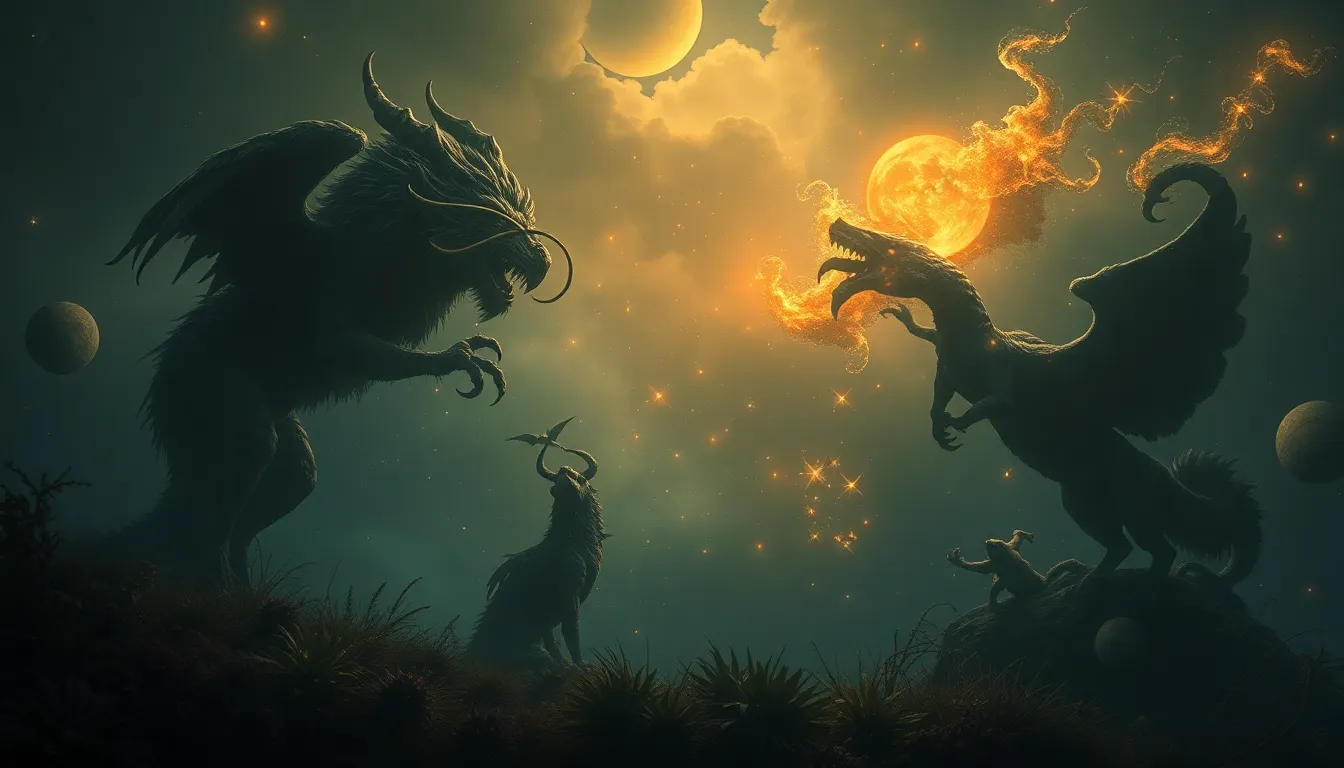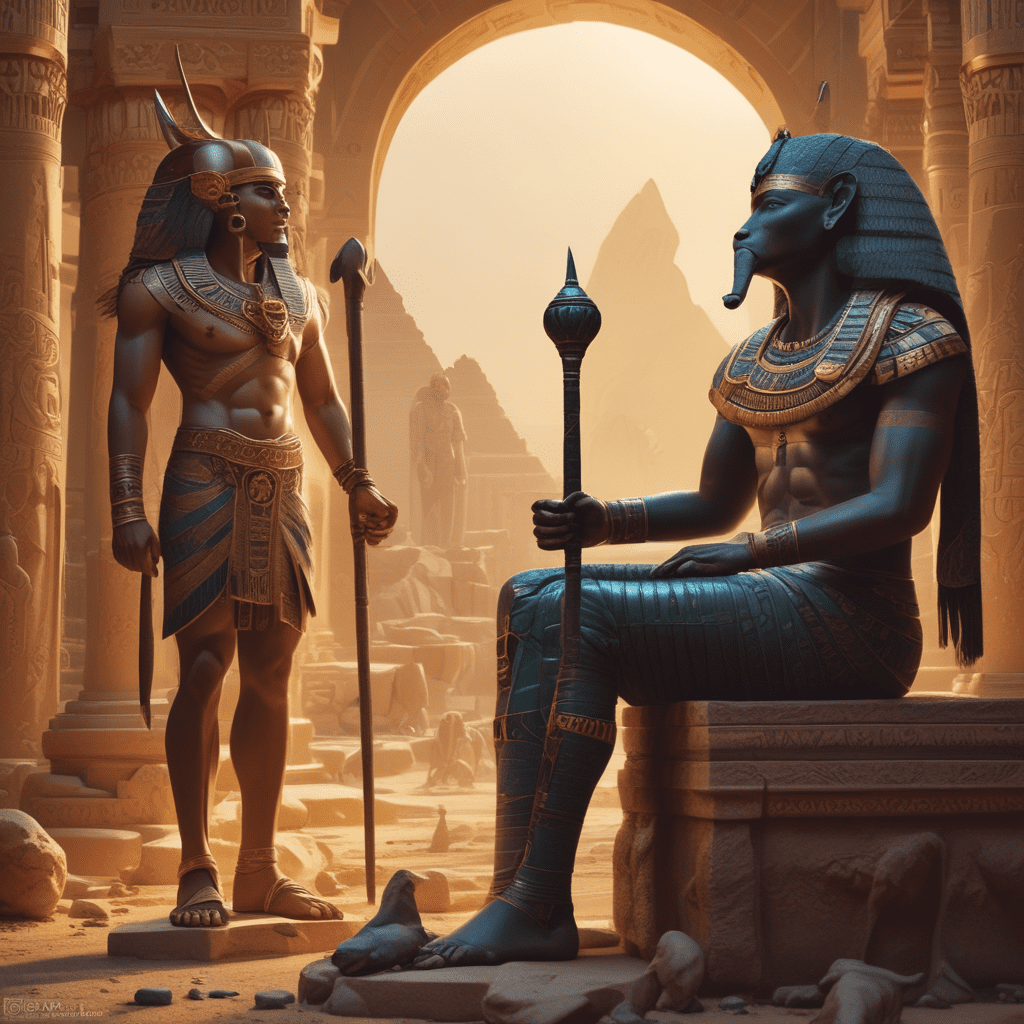The Role of Music in Finnish Mythology
Music plays a vital role in Finnish mythology, serving as a powerful force in rituals, storytelling, and spiritual practices. From the mystical melodies of the ancient Kantele to the rhythmic chants of incantations, music has been an integral part of Finnish culture for centuries.
Music as a Form of Ritual in Finnish Mythology
In Finnish mythology, music was often used as a form of ritual. The sound of drums, rattles, and flutes would accompany traditional ceremonies, invoking the presence of spirits and deities. Music was believed to create a sacred space, allowing participants to connect with the supernatural realm.
The Kalevala and the Power of Song
The Kalevala, Finland's national epic, is a testament to the power of song in Finnish mythology. This epic poem tells the story of Väinämöinen, a legendary musician whose songs possess the ability to create and transform the world. Väinämöinen's songs could heal the sick, calm storms, and even move mountains.
Väinämöinen: The Master Musician
Väinämöinen is the central figure in Finnish mythology and is often depicted as the master musician. He is said to have created the world with his songs and to have taught music to humans. Väinämöinen's music was not only a source of entertainment but also a powerful tool for magic and healing.
The Magic Harp of Joukahainen
Another important figure in Finnish mythology is Joukahainen, a skilled musician who possessed a magical harp. This harp had the power to charm and control the minds of others. Joukahainen used his harp to challenge Väinämöinen to a musical duel, but Väinämöinen's superior skills ultimately prevailed.
6. Music as a Source of Healing and Renewal
Music in Finnish mythology was not only associated with rituals and storytelling but also with healing and renewal. Singing and playing music were believed to possess therapeutic powers, capable of mending broken hearts, easing pain, and restoring balance to the body and mind.
7. The Significance of Rhythmic Chants and Incantations
Rhythmic chants and incantations held great importance in Finnish mythology. These utterances were believed to have magical properties, capable of influencing the natural world and the actions of others. Chants and incantations were often used for healing purposes, to ward off evil spirits, or to bring about desired outcomes.
8. Music as a Bridge between the Divine and the Mortal
Music served as a bridge between the divine and the mortal realms in Finnish mythology. The gods and goddesses were often depicted as skilled musicians, and their melodies could inspire awe and reverence in humans. Music was seen as a means of communicating with the supernatural world and of invoking the favor of the deities.
9. The Ritual Uses of Music in Modern Finnish Society
The tradition of using music in rituals continues to play a significant role in modern Finnish society. Music is an integral part of traditional festivals, weddings, funerals, and other important ceremonies. The melodies and rhythms of these musical traditions connect modern Finns with their ancestral heritage and serve to preserve the cultural identity of the nation.
10. Conclusion
Music occupies a central place in Finnish mythology, reflecting the deep connection between music and spirituality in this ancient culture. From its role in rituals and storytelling to its use as a source of healing and a bridge between the divine and the mortal, music has been an essential part of Finnish life for centuries. This rich musical heritage continues to inspire and enrich Finnish culture today, serving as a reminder of the enduring power of music to shape our beliefs, emotions, and experiences.
Frequently Asked Questions (FAQs)
-
What is the most famous musical instrument in Finnish mythology?
The Kantele, a plucked string instrument, is considered the most iconic musical instrument in Finnish mythology. -
Who is the most renowned musician in Finnish mythology?
Väinämöinen, the legendary sage and musician, is revered as the greatest musician in Finnish mythology. -
How does music influence the natural world in Finnish mythology?
Music in Finnish mythology is believed to have magical properties that can influence the elements, heal the sick, and even shape the course of events.
-
What is the significance of rhythmic chants in Finnish mythology?
Rhythmic chants and incantations are believed to possess magical powers and were often used for healing, protection, and influencing the actions of others. -
Is music still used in rituals in modern Finnish society?
Yes, music continues to play an important role in traditional Finnish festivals, ceremonies, and other rituals, connecting modern Finns with their ancestral heritage.


